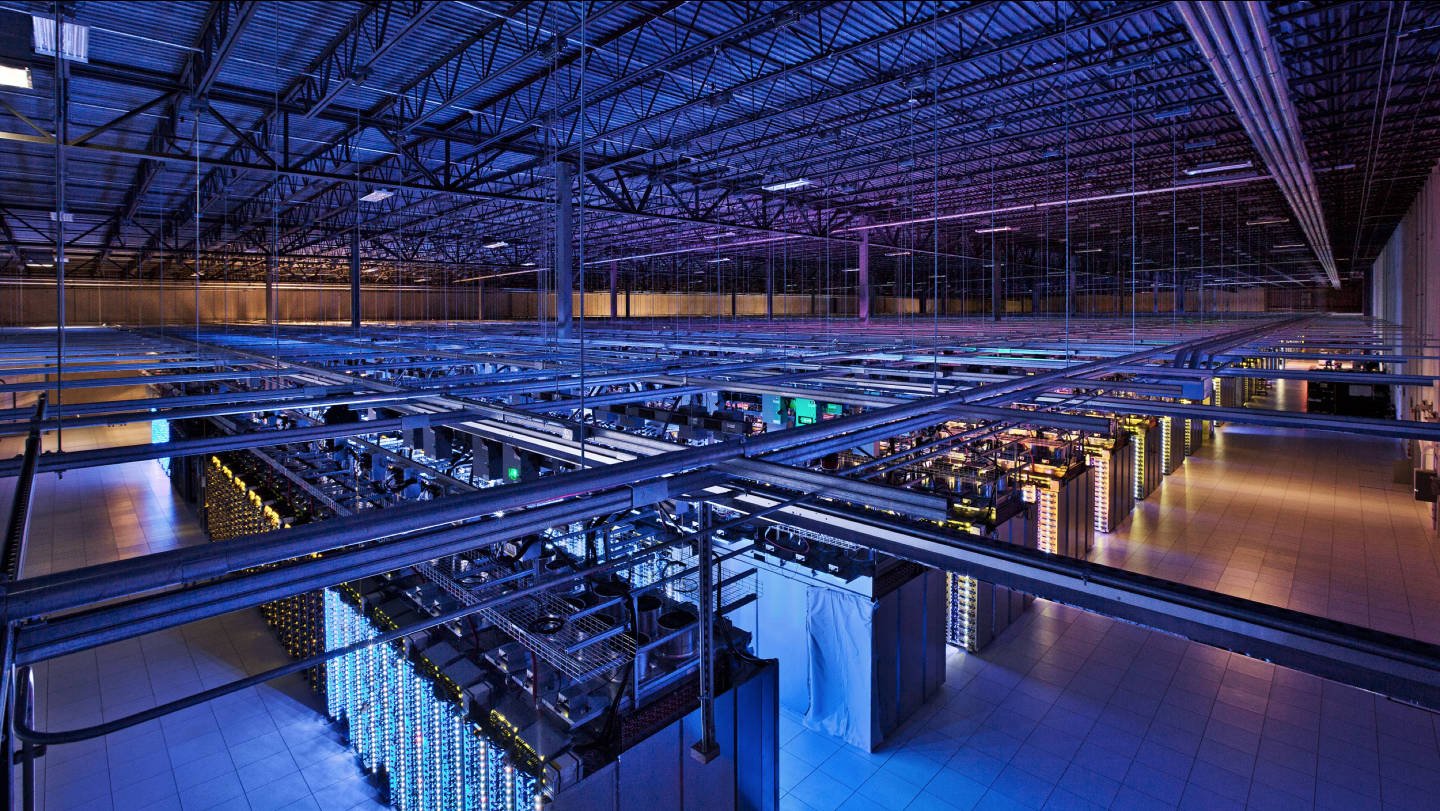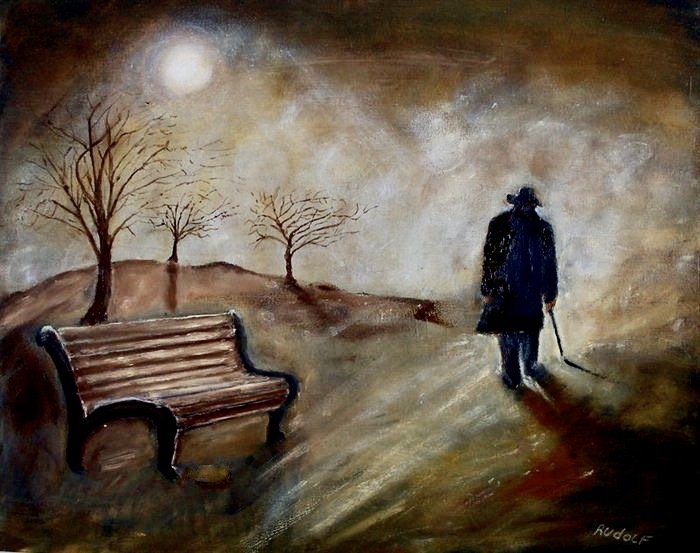
Join the conversation and stay connected!
Share your email (and mailing address if you'd like) to receive updates, event invitations, and thought-provoking insights from the Lyceum community. Let's grow together!"
ST. PAUL LYCEUM 2025 THEME:
REBUILDING THE COMMONS
Rebuilding the Commons: A Journey to Place and Purpose
The modern world has fractured our sense of community, disconnected us from nature, and eroded the shared spaces that once fostered belonging and purpose. From the design of our cities to the crises of loneliness and disengagement, the commons—the physical and social spaces where we find connection—have been neglected. This year, the Lyceum explores how we can restore these vital elements of our lives: rethinking our environments, reviving hospitality and shared responsibility, and reclaiming our place in the cosmos. Through dialogue and action, we aim to rediscover what it means to belong and thrive together.
Re-Imagining the Modern City: Can We Design for Community Again?
AI 3.0: Synthetic Worlds, Forgotten Earth?
Homelessness, Home, & Hospitality: What Is Our Duty to the Marginalized?
Under the Delta Aquariids: Contemplating Our Place in the Cosmos
The Male Friendship Crisis: The Hidden Epidemic Impacting Society
What Is College For? A Reflection on Its Role in Society

AI 3.0: Synthetic Worlds, Forgotten Earth?
In collaboration with the University of St. Thomas.
We live in the era of virtual reality and AI, where technology promises us a life of ease, one where we grow ever more distant from the challenges of the natural world. Consuming entertainment and information through screens, letting AIs learn and think for us, carrying around supercomputers in our pockets, riding around in automated cars–what’s to keep us from becoming so internally focused that we’ve blocked out the world around us? Is there hope for nature if we are no longer in relationship with it?

Homelessness, Home, & Hospitality: What Is Our Duty to the Marginalized?
If you live in an American city, you’ve probably noticed the growing presence of people living in tents and bridges. This is true, of course, of New York and LA, but small Midwestern cities are seeing it too. People vary on how they think about this problem. Is it more correct to let homeless people sleep and settle wherever they like, or do they need to be kept off the streets in order to protect publicwelfare?
Passions can run high about these issues, but they raise important questions. What does our community owe those who are most on the periphery? What are the rights of citizens toward public and private places?
Human beings universally exhibit a love for home, a place of welcome that we can, in some way, call our own. The virtue of hospitality has a central role in cultures from east Asia, to the Arab World, to the Mediterranean, and stands for the habit of making others feel at home.
What role does this virtue play in our society, and how does it relate to those who live on the street?

Under the Delta Aquariids: Contemplating Our Place in the Cosmos"
This July, the Delta Aquariids meteor shower will light up the night sky, offering a breathtaking display of celestial wonder. Beneath this cosmic spectacle, we invite you to pause, gaze upward, and reflect on humanity's place in the vast expanse of the universe. The stars have always whispered life’s deepest mysteries: Where did it all begin? Are we merely fleeting specks, or do we hold a unique purpose? Why does this tiny blue planet sustain life capable of asking such profound questions? Join us for an evening under the heavens, where every falling star invites us to contemplate the infinite.

The Male Friendship Crisis: Why Are Young Men Struggling to Connect?
Friendship is a cornerstone of a flourishing life—but for many young men, it’s a cornerstone that’s crumbling. New research exposes a troubling reality: men, especially those in working-class and black communities, are experiencing a profound crisis of friendship. Without strong social connections, they face increased risks of addiction, violence, and despair. What’s driving this epidemic of isolation, and what does it reveal about our society? How can we cultivate spaces where men can connect, thrive, and reclaim their sense of place? Let’s explore this vital issue together.

What Is College For? A Reflection on Its Role in Society
In collaboration with the University of Minnesota
Rising college costs and debates about access have sparked renewed interest in the question: What is college for? Should its primary focus be technical training for the workforce, forming engaged citizens, or cultivating whole human beings? Perhaps college is about credentials and networking, or even an elite cultural experience.
The university has a nearly 1,000-year history, evolving significantly over time. It has been a center for intellectual growth, a hub for social mobility, and a crucible for innovation. Yet today, its role is often reduced to a pathway to employment or a source of debt for many.
This discussion asks us to pause and reflect: What should the purpose of college be in a flourishing society? Is it a public good, a private investment, or something deeper—a place to foster wisdom, community, and a sense of the common good? How does its function affect not only individuals but also the broader culture and our local communities?
Exploring these questions helps us better understand the nature of higher education and its contribution to a society that values both practical skill and human flourishing.

Re-Imagining the Modern City: Can We Design for Community Again?
A recurring theme in Lyceum conversations is the decades-long decline in community life. Sociologist Robert Putnam, and many others, have identified the design of modern cities as a chief cause of the problem. We live in distant parts of the city, work in other parts, enjoy ourselves in still others, and get from place to place isolated in cars. Historically, cities were organized by the traffic of foot and hoof, dwellings stood alongside shops and businesses, and all were oriented around shared public spaces and buildings, like civic buildings, parks, and churches. How did our cities become shaped away from a community focus, what are the effects of that today, and can anything be done here?







